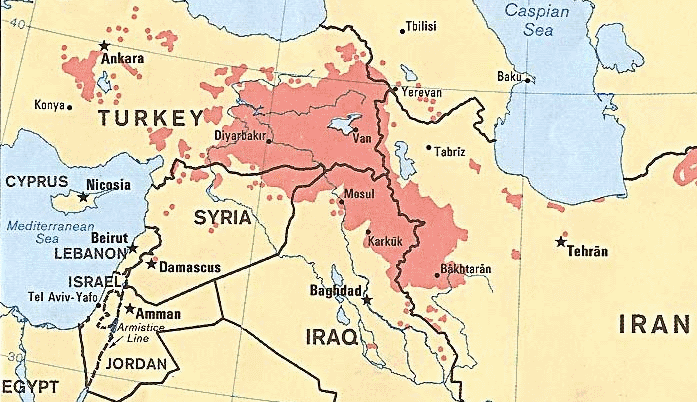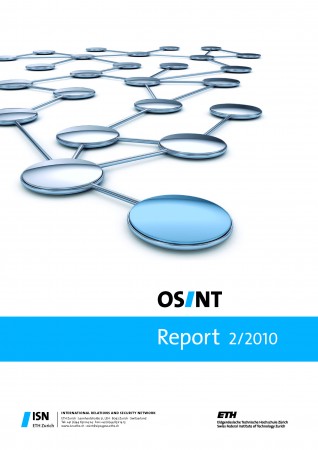
Barack Obama’s 2008 election campaign may still be the benchmark for the use of social media tools in politics, but some surprising new actors are embracing Twitter in particular in an effort to reach out to voters and citizens in a more personal and immediate way.
While leaders of ‘old Europe’ still seem quite reluctant to use the service (David Cameron, in his pre-prime minister days, once famously blurted out that “too many twits [it’s tweets, David] might make a twat”), politicians in South Asia are embracing the service as a means of reaching a very large number of citizens, very quickly.
Among them, Shashi Tharoor, the Indian Minister of State for External Affairs and member of parliament, who tweets several times a day, even using his stream to respond to constituent concerns. He has also run into trouble for his tweets. Although this may have given his follower numbers a boost, the ability to reach and interact with 825,000+ followers in such a dynamic and instant way is a feat in itself and a potentially powerful tool for governance in an unwieldy country like India.
Why have leaders in the West not embraced this new form of instant interaction? Do they fear that they may say something unwise, even controversial on a service that is anything but forgiving in its immediacy, or do they fear the barrage of responses they may get to an unpopular comment? While Silvio Berlusconi’s PR people might have made a wise choice in keeping him from the service, it could prove powerful in narrowing the divide between the ‘rulers’ and the ‘ruled’ and in making politics more relevant to millions of politically apathetic young people.




